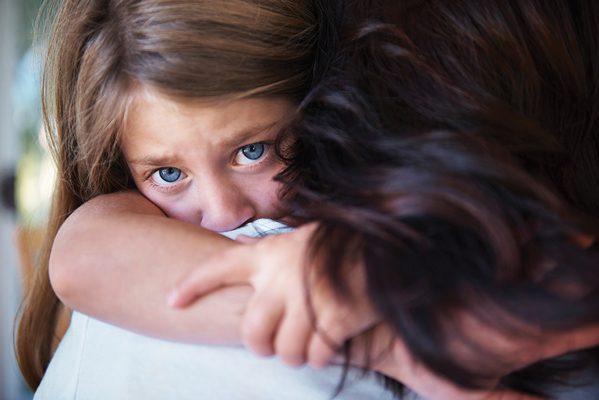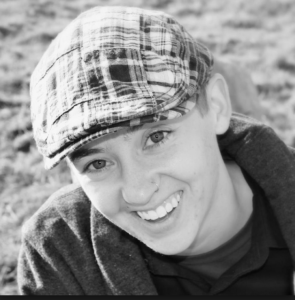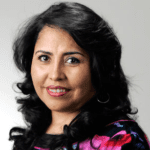
Therapists are trained to recognize many kinds of trauma, but they rarely receive training in cultural competency. That can leave them at a loss to understand how trauma specifically affects African American, Native American, Latino, and LGBTQ clients.

The University of Wisconsin-Madison’s Conference on Child Sexual Abuse will address the issue of cultural identity on October 26-28 at Marriott Madison West. Presentations such as “Cultural and Historical Traumas: The Invisible and Silent Barriers to Healing and Change” will explain how the legacy of racism influences clients’ participation in the therapeutic process.
“The history of resilience by people of color has enabled them to endure hardship, but often at a cost to their emotional well-being,” says conference co-director James Campbell. “A problem that too often accompanies their proud history is unresolved and unrecognized trauma. Mental health professionals with insight into the effects of racism will be better prepared to help these clients.”
The Conference on Child Sexual Abuse offers the latest information on child sexual abuse treatment, intervention, assessment, and prevention. Now in its 31th year, it provides evidence-based research for those working with sexually abused children, adults who were abused as children, and offenders. The conference features nearly 50 workshops and institutes on a wide range of topics, such as “Investigating Child Sexual Abuse in the Digital Age” and “Healing the Mind, Healing the Body: Working with the Neurobiological Legacy of Trauma.”
Open discussions

The conference’s focus on cultural competency includes the workshop “Working Effectively with Latino Families and Survivors.” It will explore the barriers to addressing sexual assault in Latino families.
“When we work with immigrant families facing child sexual abuse or neglect, it is very important to know how we can do the job effectively,” says workshop coordinator Fabiola Hamdan, a social worker with the Dane County Department of Human Services. “There are many unique aspects of Latino families that we all should learn about to better serve this population. Our workshop is designed to enable healthy and open communication.”
The workshop “Fostering Inclusive Practice: Working with LGBTQ Survivors of Violence” will train therapists to understand the needs of lesbian, gay, bisexual, transgender, and queer survivors of sexual abuse.
“LGBTQ survivors often face multiple barriers to seeking care, including the possibility they will be discriminated against when connected to care providers who do not use language that feels respectful of the client’s identity, relationships, or experiences of violence,” says workshop coordinator Owen Karcher, a therapist at Madison’s Canopy Center. “Service providers would benefit from open discussions about their understanding of LGBTQ experiences, so when LGBTQ clients enter their office they are prepared to facilitate healing from the trauma of surviving violence.”